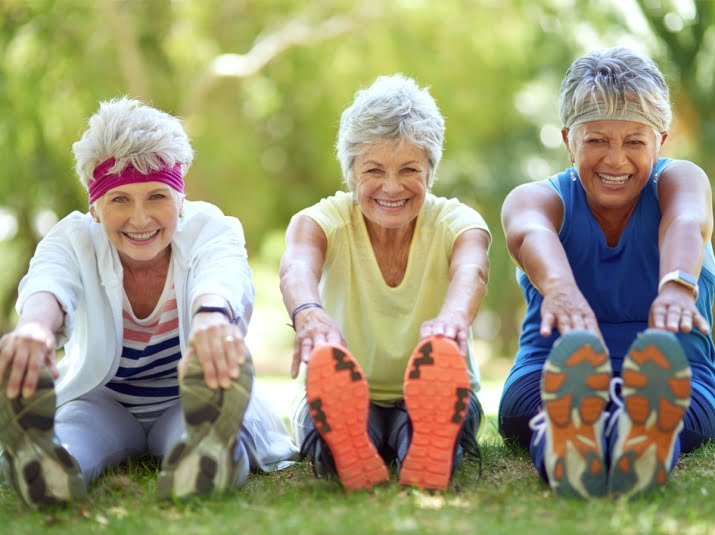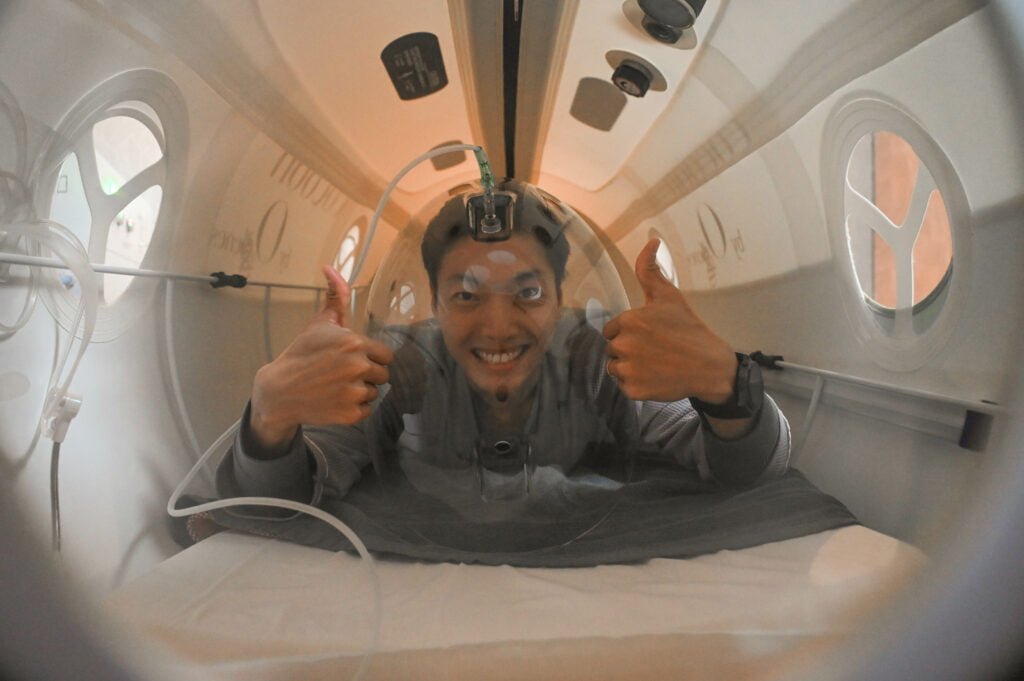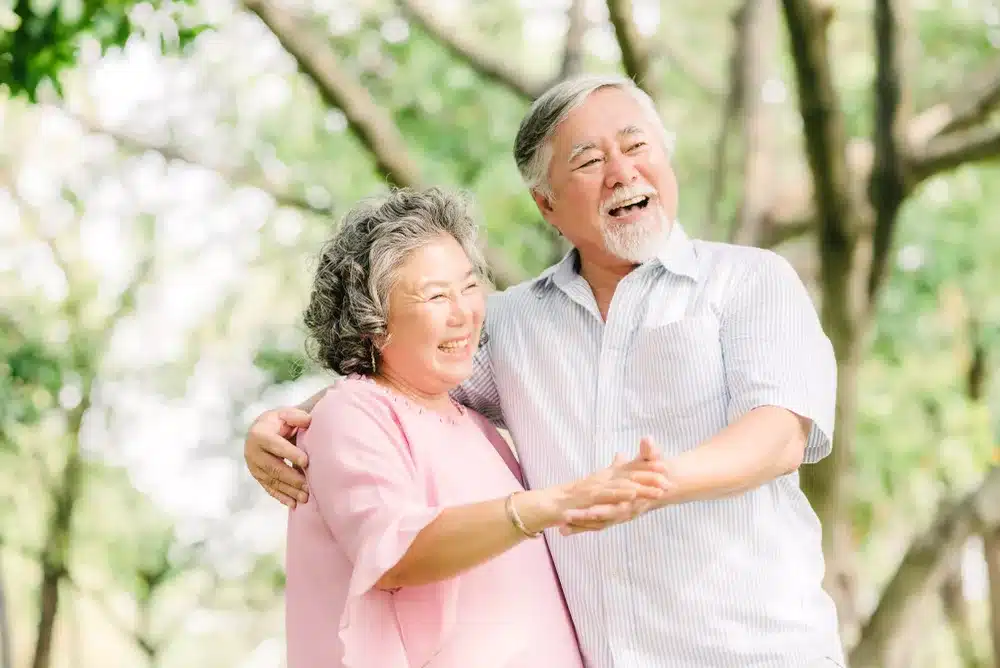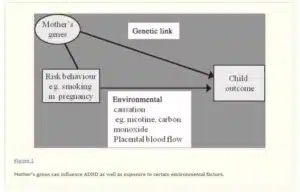Learn about Healthy ageing
ever heard of a super-ager?
For most of human history, age-related diseases have been a common part of the ageing process. People get old, sick and then sadly pass on. At least, that has been the narrative for the ageing process… until now.
Whether it be various types of cancer, diabetes, heart diseases, or diminishing mental capabilities, billions of dollars are spent annually on research in attempts to stop or even reverse conditions related to ageing – all so people can live longer, and more importantly, healthier lives (especially in their golden years!)
Lifespan vs Healthspan
People often talk about lifespan as if that’s the most critical factor. But in reality, healthspan is more crucial than lifespan.
Healthspan refers to the amount of time in life spent in good health and without age-related chronic diseases.
What if there was a way to slow down the natural ageing process by targeting ageing instead of focusing on diseases or ailments?
Is it possible to become a Super-ager? Aging experts and researchers usually recommend daily lifestyle habits vital for healthy aging. These include nutrition, good sleeping habits, regular workouts, and other treatments available today to extend those healthy years. What are the best, current data-based treatments available for people who want to improve their healthspan? Research shows that Hyperbaric Oxygen Therapy, assists people in living more fulfilling, healthier lives.
Meet: “Super-agers” - people who live longer without debilitating diseases in their final years
Interestingly, there are those among us who are considered to be “super-agers.” These are exceptional human beings who live a generally better quality of life – not only living longer than average, but also without chronic or acute diseases. Some of these so-called Super-agers can live until 100 years old and beyond with their brains and bodies (for the most part) intact and functioning well.
According to statistics, people who reach the age of 95 years old plus often suffer from things like cancer and/or heart diseases 24 years later than people with average life spans.

Who are the super-agers?
Singapore
A report by the Ministry of Health Singapore in collaboration with the Institute of Health Metrics and Evaluation revealed that Singaporeans are now the longest-living people on Earth, with an average life expectancy at 84.8 years with experts predicting that this figure would only rise. However, the same report found that while Singaporeans are living longer, we also spend more time in ill health — up to 10.6 years. Today, the focus is no longer just about living longer; it’s about quality of life.
Living well in old age: Learning from inspiring super agers: https://www.prudential.com.sg/priority-programme/opus/articles/learning-from-inspiring-super-agers
Other articles to read-
Reaching 100: Number of Centenarians in Singapore has doubled in 10 years: https://www.straitstimes.com/singapore/reaching-100-number-of-centenarians-here-has-doubled-in-10-years
Japan
Japan’s centenarian population has just hit a record high of 86,510, according to its health ministry, an increase of 6,060 from 2020 – and up from just 153 when records began in 1963. One Japanese person in every 1,450 is aged over 100 – and women account for 88.4% of centenarians.
In Okinawa, there were almost double the number of centenarians per 100,000 people in 2015, as there were in Japan as a whole.
Want to live a long healthy life? 6 secrets from Japan’s Oldest People: https://www.weforum.org/agenda/2021/09/japan-okinawa-secret-to-longevity-good-health/
How to be a super-ager?
Japanese super-agers believe that our body is a temple and we shouldn’t pollute it.
Diet & Exercise
Japanese Super-agers, the Okinawans, have a largely plant-based diet that is not calorie-dense. They eat over a kilogramme of vegetables and fruits and legumes, like soya beans, a day in every meal. Instead of bread, sweet potato, which has a low glycemic load and lots of plant compounds (particularly colourful flavonoid compounds that really can help with overall health and possibly slowing the ageing process), is the chief carbohydrate. They also practice hara hachi bu – eating until they’re just 80% full.
Staying active and exercising ensures that their calorific intake to output is always in near balance and often net-negative, which allows them to burn a lot of fat.
low-stress lifestyle
All the centenarians we meet have a positive attitude and are generally optimistic people with a laissez-faire, carefree approach to life. To them, it is important to enjoy life as you age.
A stress-resilience gene that’s associated with human longevity, called FOXO3A was recently discovered in a research in Hawaii. One copy from a parent could increase one’s chance of living to be 100 by 2 to 3 times. The gene protects you against the bad effects of diseases as well as other stresses on the body. While Okinawans have a minimally higher percentage of this gene, their slower sense of time (where nothing seems to start on time, but they do get stuff done eventually) and their stress-resistant personalities have helped them live more optimistic and stress-free lives – a palpable disjunct from the many others suffering from ‘hurry sickness’ (the need to rush and meet deadlines).
caring community
Okinawans have large families and strong social support networks. Their communities are really close-knit and everyone knows one another. They have social gatherings in groups known as ‘moai’ and generally love to get together.
Despite being the poorest, Okinawa had the lowest healthcare costs in all of Japan because they were healthier. In 2000, Japan implemented the Long-Term Care Insurance Program throughout the country which involved paid daycare for adults. Okinawans, being social types, made the most of it, leading to healthcare costs driving down over the long term because people with more social contact are said to be happier and healthier.
hyperbaric oxygen
Today telomere shortening is considered the ‘Holy Grail’ of the biology of ageing. Telomere length is a marker of biological ageing. Our body contains telomeres, a region of repetitive DNA sequences at the end of a chromosome. Each time a cell divides, the telomeres become slightly shorter. When the telomeres become too short, the cell will die as it is no longer be able to divide successfully.
Our HBOT protocol was able to achieve telomere elongation, proving that the ageing process can in fact be reversed at the basic cellular-molecular level. Cocooning can help with reverse ageing because it can lengthen up to 38% of our telomeres at a rate far beyond any currently available intervention in lifestyle modification. Moreover, cocooning decreases the old cells in our bodies by 11-37% which effectively promotes regeneration of new cells.

Conclusion
There are many factors that can impact your lifespan and your healthspan. Now, it’s about living long lives that are of good quality – being healthy and happy are priorities of super agers and the key to ageing gracefully and well.





